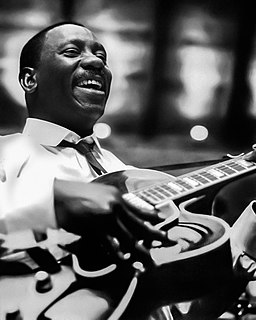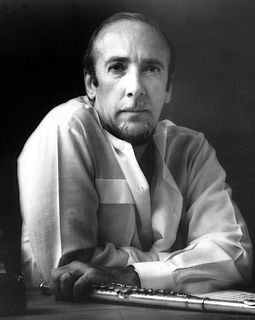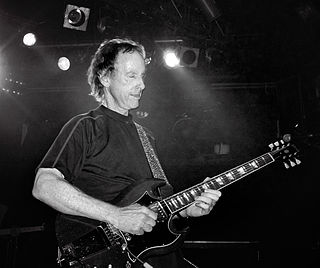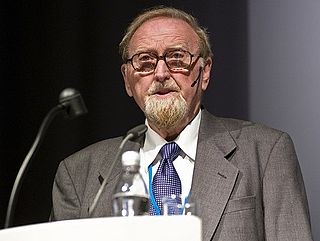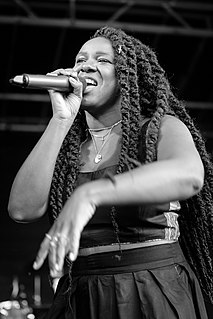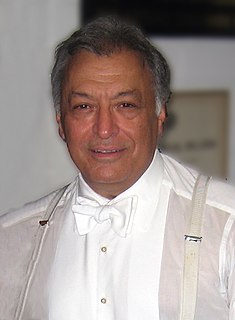A Quote by David Longstreth
The people I really admire, like William Blake and John Coltrane and Richard Wagner, had these ridiculously full universes that took their entire lives to describe.
Related Quotes
You know, John Coltrane has been sort of a god to me. Seems like, in a way, he didn't get the inspiration out of other musicians. He had it. When you hear a cat do a thing like that, you got to go along with him. I think I heard Coltrane before I really got close to Miles [Davis]. Miles had a tricky way of playing his horn that I didn't understand as much as I did Coltrane. I really didn't understand what Coltrane was doing, but it was so exciting the thing that he was doing.
The chords in 'Light My Fire' are based on [John] Coltrane's version of this song. He just solos over A minor and B minor, which is exactly what we did. Coltrane had played with Miles on Kind of Blue and took the idea of modal soloing over one or two chords farther out than anybody. He was a real pioneer - he just kept evolving, going where no one had ever gone. He could always attain this state of ecstasy when he played. Live, there was so much energy, you couldn't believe it. He would play for hours. It was indescribable.
With lyrics for me, it's usually musically-based. It's not really poetry- or writer-based. It's rock-based. It doesn't mean that I'm aping rock lyrics, but I'm writing from a music standpoint. I'm thinking more of music heroes, if they're in my mind. Not William Blake or John Ashbury. Sometimes maybe I thought of him a little bit. Or Wallace Stevens. I don't even really fully understand either of them.
I'm not sure I'm going to be that type of artist but I do love cultural icons. Like Solange has been really great at that. Releasing her album end of last year and being really strong in their sound, bands like Little Dragon, artists like James Blake. You know their music when you hear them. They have a really particular sound and it's really cultural and people copy that sound. You hear it in other songs and you're like 'That's a James Blake tune'.
I admire leaders in science, people who really figure things out like Richard Fineman or people who work on vaccines, tons of people working on [the] HIV vaccine. There's leaders in business, people like Warren Buffett, who've got a certain approach they take that are pretty amazing. There [are] product innovators like Steve Jobs was, where he gets behind a concept and does a fantastic job.

